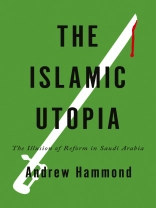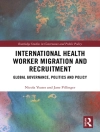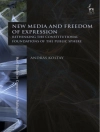Will Saudi Arabia join the democratic wave in the Middle East? The uprisings and revolutions of the twenty-first century have not yet affected the stability of the House of Saud, which remains secretive, highly repressive and propped up by the West.
The Islamic Utopia uses a range of sources including first-hand reporting and recently released Wiki Leaks documents to examine Saudi Arabia in the decade after the 9/11 attacks, when King Abdullah’s ‘reform’ agenda took centre stage in public debate. It considers Saudi claims of ‘exemption’ from the democratic demands of the Arab Spring.
Andrew Hammond argues that for too long Western media and governments have accepted Saudi leaders’ claims to be a buttress against jihadist Islam and that a new policy is needed towards the House of Saud.
Tabella dei contenuti
Introduction
1. The Religious Society
2. Government in the Sharia state
3. The Warrior King and His Priests
4. Segregated nation
5. The Illusion of Reform
6. Foreign Policy Adventurism: Iran and Palestine
7. The Saudi Cordon Sanitaire in Arab Media
8. Controlling Mecca: In the House of God
Conclusion
Notes
Bibliography
Index
Circa l’autore
Andrew Hammond is a senior correspondent for a global news agency, currently based in Dubai. He is the author of What The Arabs Think of America (2008) and Popular Culture in the Arab World (2007), and was the agency bureau chief in Saudi Arabia for several years.












